5 Major Types of Forex Markets That Every Trader Should Know.docx
Forex is the largest marketplace for currency exchange and is known for its unmatched liquidity and scale. It is also an OTC market that is not controlled by any central authority in charge of money.
Foreign exchange is critical to both individuals and corporations operating across international boundaries. This implies that it helps to convert a foreign country’s money into local currency as well as vice versa.
Countries need foreign currencies converted into their national currency for domestic use. In principle, a nation participates in bilateral transactions of currencies with foreigners, whereby imports are paid for using the foreign currency, whereas exports necessitate payment in the home currency.
The Forex market has different modes of trading, which are explained in brief below.
Different Types of Forex Markets
There are a variety of foreign exchange markets that feature different modes of trading.
Spot Market
This is a kind of trading that requires on-the-spot settlements at the current rates, with immediate delivery or exchange of currencies expected within 48 hours. In spot transactions, currency is exchanged two days after a contract is made.
The spot rate refers to the effective exchange rate for such deals, and the spot market is where these deals are done. There are uncertainties that traders face when there are differences between what has been agreed upon and the time of the actual trade.
Nevertheless, participants in this segment do not easily get affected by these changes.
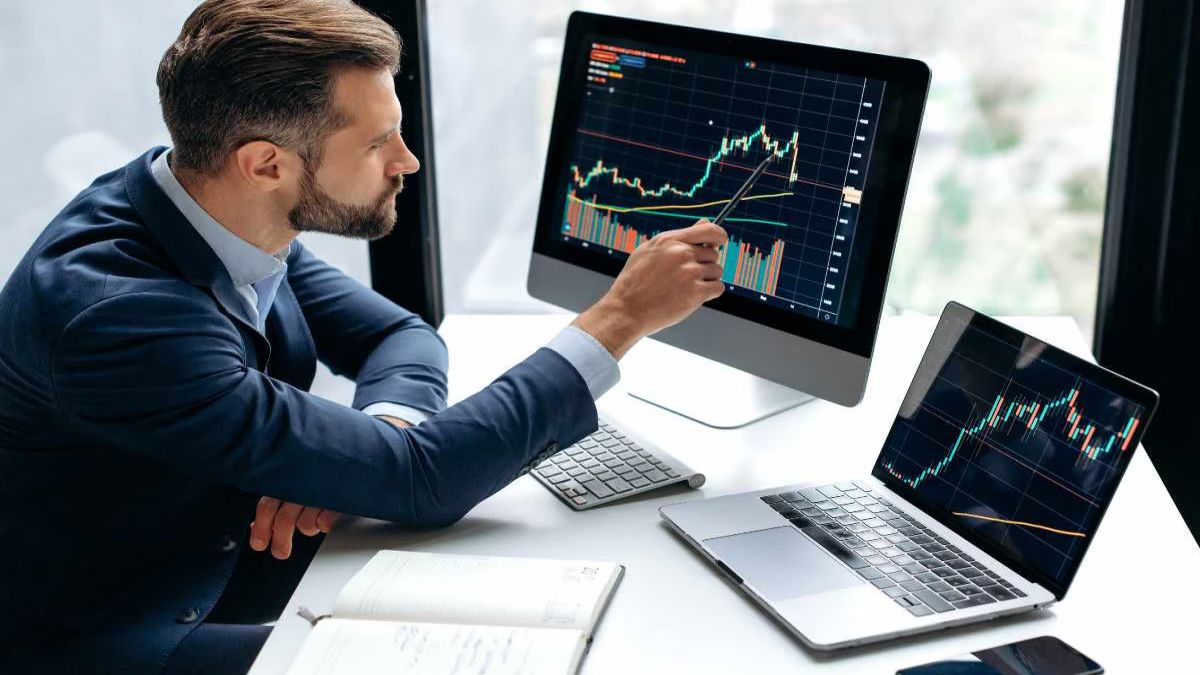
Forward Market
The forward market consists of transactions whereby currency exchange occurs at an earlier date fixed beforehand at a pre-determined price. In essence, forward foreign currency trading entails making contracts today for future sales or purchases of foreign currencies.
Forward rates closely resemble spot rates, although the delivery takes place at some later date. If any divergence occurs from this, then it means that swap points have taken place, which may be referred to as forwarding margins or swap points.
Futures Market
Basically, a futures contract is another way to describe a forward contract that is openly traded on a futures exchange. It contains a fixed price and the future date for buying or selling an asset in such a manner that is akin to a forward contract.
However, unlike a forward contract, a futures contract has a standardized maturity date and contract size. Only organized exchanges transact in futures contracts, and they have active markets.
Unlike those who trade in the futures market, participants in this market, known as forwards, do not require a margin. In addition, traders are supposed to deposit the initial margin into a collateral account to establish their position.
Swap Market
Typically, swaps permit the cash flows of two different currencies to be exchanged with one another. These transactions could also be called double deals due to their bilateral nature because they imply buying or selling at the same time as selling or purchasing spot currency accordingly.
Forward currency replaces spot currency. Commercial banks engaged in the forward exchange business may utilize swap methods to adjust their financial positions.
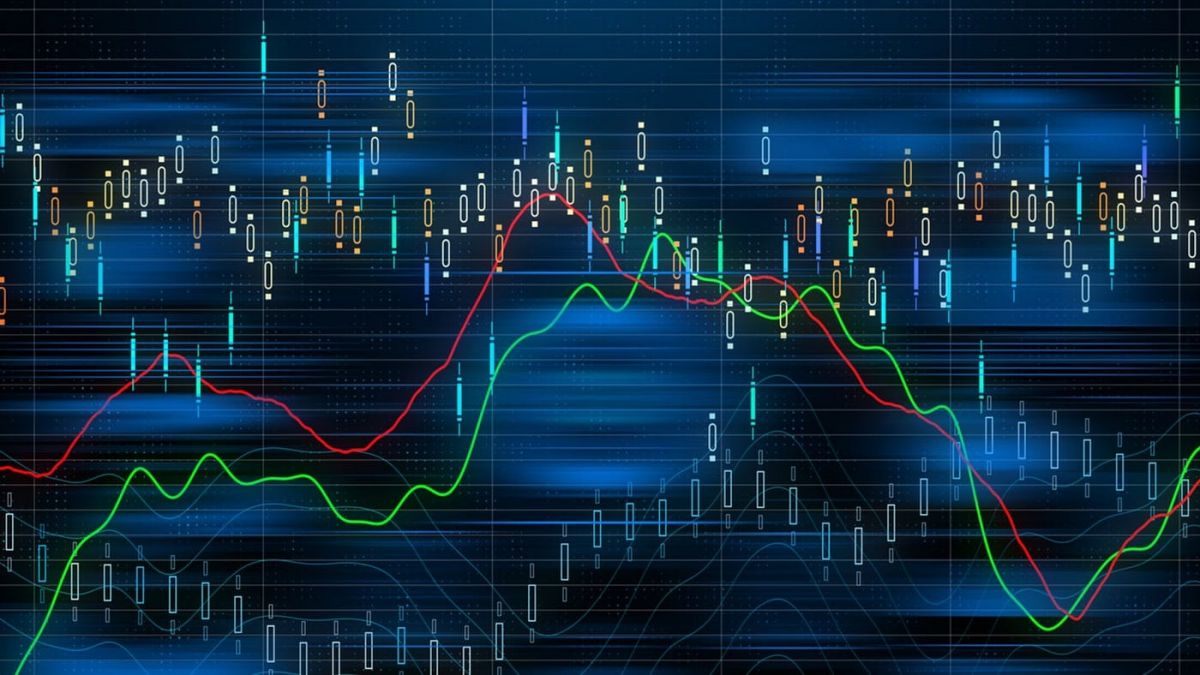
Options Market
Options in the forex market are instruments derived from the main forex market that allow operators to buy or sell a foreign currency at a predetermined rate (strike price) on or before a specified date (maturity date).
A call option gives traders the right to purchase the underlying asset, while a put option enables them to sell it. The option is exercised by buying or selling the underlying asset using the option.
In options, especially within this marketplace, the decision of whether or not to execute an option lies entirely with investors themselves.
Participants in the Foreign Exchange Market
There are various participants in the forex market, with some of the major ones explained below.
●International Companies
Global markets depend on international corporations to help them flow financially.
For instance, a US company that sells goods in the UK must have profits converted into their national currency before they can be taken back home. Thus, this makes these firms active participants in foreign exchange markets.
●Traders
People who use their capital to make profit through trading are often called traders. A major segment of the market is made up of retail traders who are quickly expanding. These retail traders’ operations influence many aspiring foreign students, holidaymakers, and other travellers seeking to change currencies.
●Central Banks
Ever since it started operating, central banks have always taken part in the forex market. Such institutions do play an important role in controlling inflation, money supply rates, and prices so as to maintain economic stability.
There are examples like the U.S. Federal Reserve (Fed) or the European Central Bank (ECB). Domestic money value fluctuations can be controlled by means of central bank interventions; in that case, exchange rates will be aligned with economic imperatives.
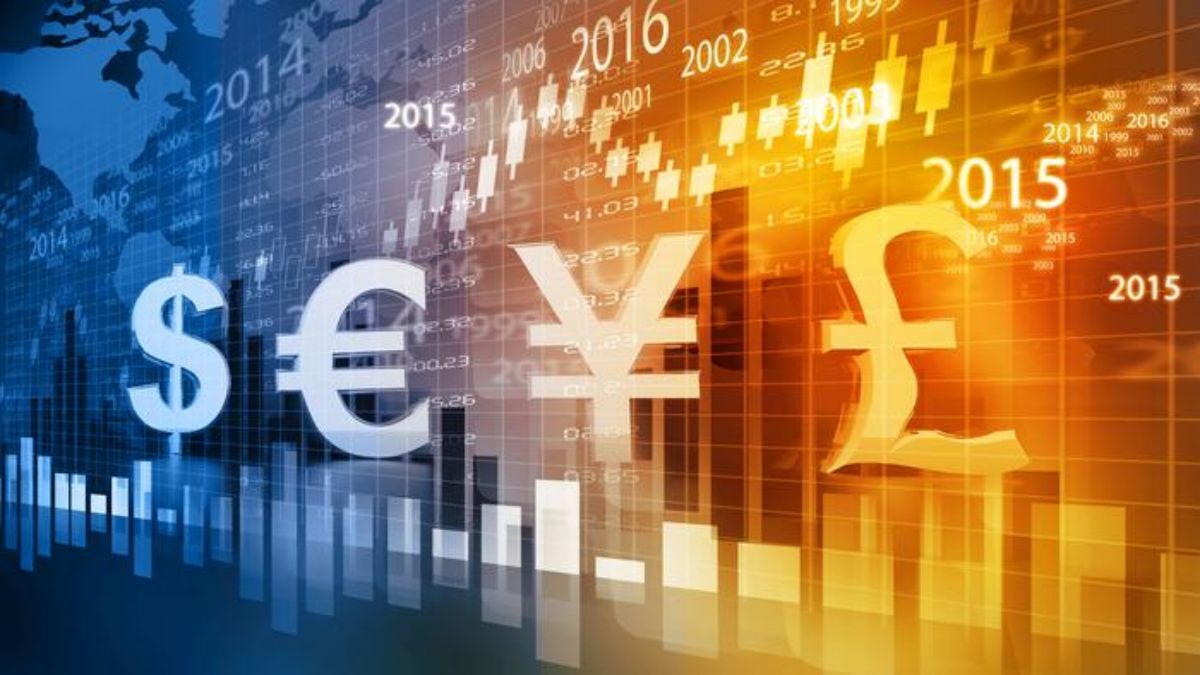
Forex Trading and Its Impact on Business
Different groups of forex traders merge together, forming a very liquid global market that affects businesses all across the world.
Changes in exchange rates have tremendous influence on inflation, worldwide business margins, and the balance of payments in different countries.
An example can be seen from the popular currency carry trade strategy, which shows us how it influences the exchange rate dynamics as well as leading to other repercussions on the global economy.
This is a method used by banks, hedge funds, investment managers, and individual investors in order to take advantage of interest rate disparities between currencies. This is done by borrowing currencies with lower yields to sell them and gain access to currencies with higher yields.
Conclusion
The forex market’s size is large due to its ability to allow different players to make money from the changes in exchange rates, which are in turn dependent on the global economy, starting from central banks through retail investors.
There is a wide range of trading and hedging strategies in this area, with carry trading emerging as one of them. This approach signifies how significant forex participants can be to the world economy.
OTHER NEWS
-
- Essential Personal Finance Tips for Building Wealth
- By Prodosh Kundu 08 Aug,2024

-
- How do I buy the House I Want?
- By Anna 24 Apr,2023

-
- About The Best Time to Sell a House!
- By Little Grapes 24 Apr,2023

-
- About Secured Credit Cards!
- By Little Grapes 30 May,2023
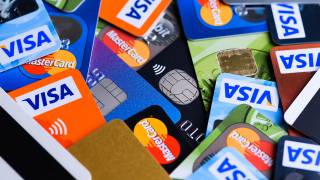
-
- The Future of Digital Currency: Prospects for Bitcoin and Ethereum
- By Prodosh Kundu 13 Jun,2024

-
- How do I Choose Between Selling my Home and Renting it out?
- By Wendy 24 Apr,2023

-
- Hotel Operations: Navigating the Heartbeat of Hospitality
- By Little Grapes 11 Dec,2023

-
- How Appraisals Impact Your Home Purchase
- By Muhammad Talha 16 May,2024

-
- Do you Know the Meaning of the Terms About Real Estate?
- By Wendy 24 Apr,2023

-
- Project Finance: Definition and Working
- By Little Grapes 24 Apr,2023
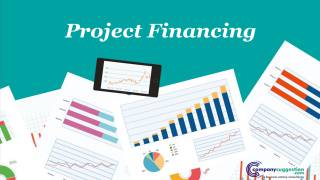
-
- Understanding the Relationship Between Credit Scores and Personal Loans!
- By Wendy 28 Feb,2024
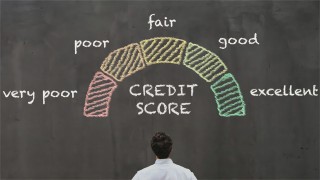
-
- 5 Steps to Finding the Right Insurance Company for you!
- By Wendy 24 Apr,2023

 1
1 1
1